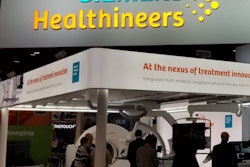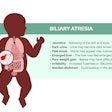
German researchers are calling for reform of international drug development processes and policies after their study, published online on 10 July in BMJ, showed that more than half of new drugs in the country's healthcare system offer no additional benefit.
The Institute for Quality and Efficiency in Health Care (IQWiG), a health technology assessment agency, evaluated 216 drugs that entered the German market between 2011 and 2017 after regulatory approval, primarily from the European Medicines Agency. Of that total, only 54 drugs (25%) were deemed to have a considerable or major added benefit on patients' health. In 35 cases (16%), the added benefit was considered minor or could not be quantified. Finally, for 125 drugs (58%), available evidence could not prove any added benefit over standard care in the approved patient population.
"As a consequence, patients' ability to make informed treatment decisions consonant with their preferences might be compromised, and any healthcare system hoping to call itself 'patient-centered' is falling short of its ethical obligations," the authors wrote.
There are several specialties in which the dearth of benefits from new drugs appears particularly acute. In psychiatry/neurology, the researchers determined that only one (6%) of 18 new drugs provided an added benefit to patients, while only four (17%) of 24 new drugs for diabetes showed any advantages.
"Combined action at [European Union] and national levels is required to define public health goals and to revise the legal and regulatory framework, including introducing new drug development models, to meet these goals and focus on what should be the main priority in healthcare: the needs of patients," the researchers concluded.



















